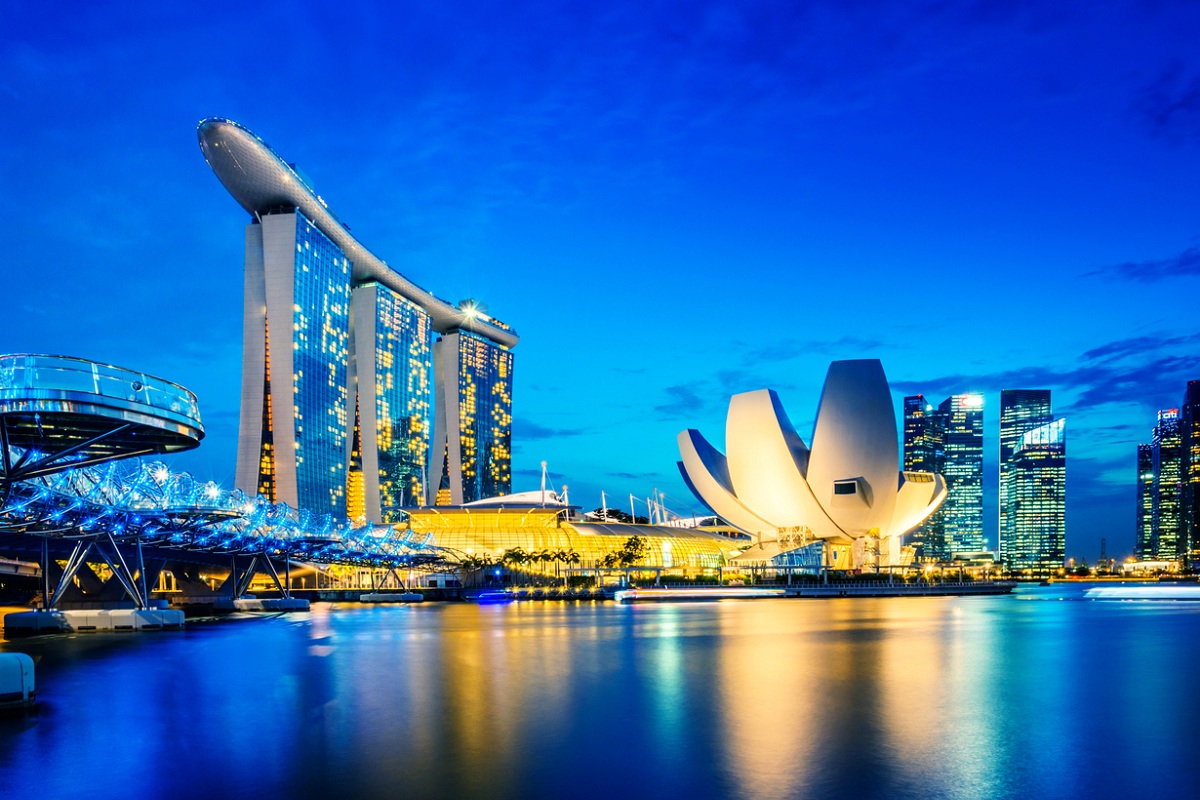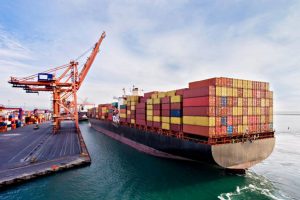Critics of Singapore’s tightly-controlled political system will see in the corruption investigation into activities of a serving Minister, signs of cracks in the armour of the Peoples’ Action Party which has ruled without a break since independence in 1965. But the announcement that Transport Minister S Iswaran has been asked to assist in the probe and told to take leave of absence is also suggestive of the seriousness with which the island republic views suggestions of wrong-doing, especially by those in positions of authority. The country’s Corrupt Practices Investigation Bureau (CPIB) announced that Mr. Iswaran is assisting inquiries, a polite way of stating he is under the scanner.
A statement by Deputy Prime Minister Lawrence Wong that the government would be “upfront and transparent” and would not “not sweep anything under the carpet, even if they are potentially embarrassing or damaging to the PAP (People’s Action Party) and to the Government” suggests the matter is serious. The decision by the anti-graft body to “interview” Mr. Iswaran came after clearance was given by Prime Minister Lee Hsien Loong last week. These troubles come in the wake of other recent embarrassments for the government. Recently, two other senior ministers, Home Affairs and Law Minister K Shanmugam and Foreign Minister Vivian Balakrishnan, came under the CPIB scanner for alleged irregularities in the manner they had leased bungalows managed by the Singapore Land Authority, a statutory body under the former. Both were cleared of wrongdoing, but the accusations did cause some red faces within the ruling party. Soon after, Parliament Speaker Tan Chuan-Jin was caught on microphone using an expletive to describe an Opposition MP.
Advertisement
These setbacks for the ruling party come at a time when it is in a process of transition, with Prime Minister Lee set to hand over the reins to his deputy sometime before 2025, when the next election is due. Political observers believe it will be important for the government to be seen as transparent, and to ensure that its reputation for probity remains unscathed. Corruption allegations against ministers are rare, and the last known case involving a minister dates back to 1986 when Teh Cheang Wan, who served under the late Lee Kuan Yew, was investigated for corruption but committed suicide before he could be charged.
There is little doubt that the way in which the government and the ruling party manage the crisis will be crucial politically. In the 2020 election, the PAP had seen its support drop ~ from 69.9 per cent of the vote in 2015 to 61.2 per cent. While the party won 83 of the 93 parliamentary seats, the election saw the emergence of the Workers’ Party as the largest Opposition presence ever in the country’s postindependence history. The PAP therefore has incentive to ensure that the probe into Mr. Iswaran’s activities is conducted in a credible and open manner. Far more is at stake than an individual’s career.











